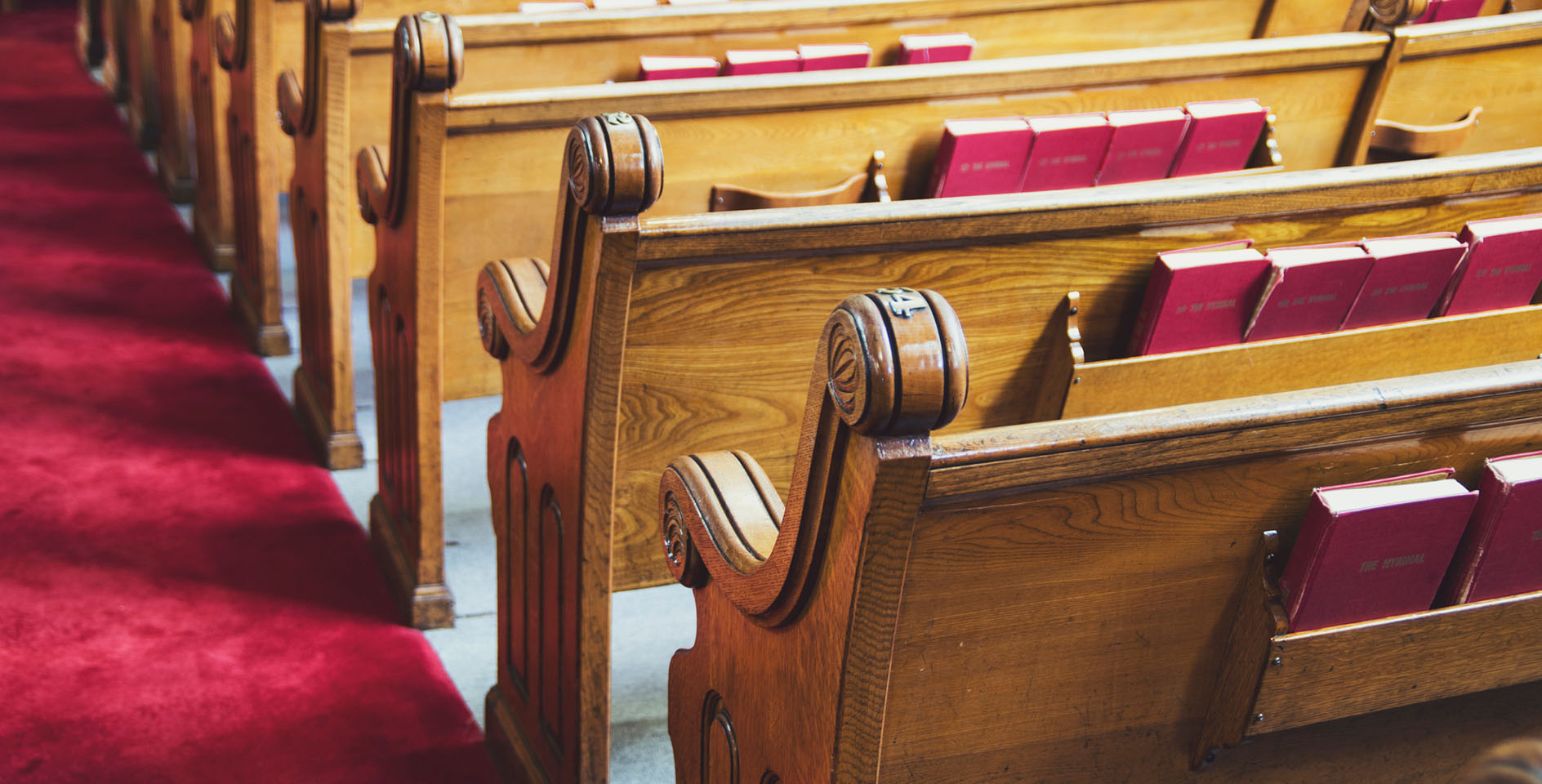In less than a month, the Southern Baptist Convention (SBC) will be holding its 2022 Annual Meeting in Anaheim, California. Although every local church affiliated with the SBC is autonomous, congregations send representatives (known as messengers) to the meeting to help guide and direct the future of the denomination. In a similar way, while the Bible is the only rule of faith and practice for our churches, the SBC has adopted a statement of faith known as the Baptist Faith and Message (BFM) to “set forth certain teachings which we believe.”
Here is what you should know about the BFM and its various revisions.
1. Throughout the history of the church, Christians have adopted various creeds and confessions for use, both internally and externally, in communicating what they believe. Creeds have generally been statements of faith that are agreed upon by most all orthodox believers, such as the Apostle’s Creed and the Nicene Creed. In contrast, confessions have typically been formal statements of faith that explain a group’s beliefs about what is set forth in Scripture, both on first-order doctrines (such as the Trinity) and on issues in which Christians can reasonably disagree (such as the mode of baptism or the nature of the Lord’s Supper). Confessions often tend to be developed at a time when clarification is necessary because of challenges to biblical orthodoxy. From the time it was organized in 1845 until 1925, the Southern Baptist Convention did not have an agreed upon confession.
2. In the early part of the 20th century, a bias against supernaturalism began to creep into both the secular culture and the church. As SBC theologian E. Y. Mullins said in the 1925 report of the Committee on Statement of Baptist Faith and Message, “The present occasion for a reaffirmation of Christian fundamentals is the prevalence of naturalism in the modern teaching and preaching of religion. Christianity is supernatural in its origin and history. We repudiate every theory of religion which denies the supernatural elements in our faith.” The committee recommended that the SBC adopt the New Hampshire Confession of Faith, “revised at certain points, and with some additional articles growing out of present needs,” as the statement of the Baptist faith and message. This document became the first version of the BF&M.
3. To explain the nature and function of confessions historically held by Baptists, and to “clarify the atmosphere and remove some causes of misunderstanding, friction, and apprehension,” the 1925 committee recommended a statement that was later incorporated into both the 1963 and 2000 versions:
- That [the doctrinal articles in the BF&M] constitute a consensus of opinion of some Baptist body, large or small, for the general instruction and guidance of our own people and others concerning those articles of the Christian faith which are most surely conditions of salvation revealed in the New Testament, viz., repentance towards God and faith in Jesus Christ as Saviour and Lord.
- That we do not regard them as complete statements of our faith, having any quality of finality or infallibility. As in the past so in the future Baptist should hold themselves free to revise their statements of faith as may seem to them wise and expedient at any time.
- That any group of Baptists, large or small, have the inherent right to draw up for themselves and publish to the world a confession of their faith whenever they may think it advisable to do so.
- That the sole authority for faith and practice among Baptists is the Scriptures of the Old and New Testaments. Confessions are only guides in interpretation, having no authority over the conscience.
- That they are statements of religious convictions, drawn from the Scriptures, and are not to be used to hamper freedom of thought or investigation in other realms of life.
4. The next revision to the BF&M was prompted in the early 1960s by disagreement over what was being taught in the Southern Baptist seminaries. A prime example of the controversy, as R. Dwain Minor observes, was the publication of The Message of Genesis by Ralph Elliott, a professor at Midwestern Baptist Theological Seminary. In his book, which was published by the SBC’s own Broadman Press, Elliott taught that the first 11 chapters of Genesis were not historical accounts. In an attempt to strengthen the view of the Bible, the 1963 version added that Scripture was the “record of God’s revelation of Himself to man,” that “all Scripture is totally true and trustworthy,” and that it is “a testimony to Christ, who is himself the focus of divine revelation.” The 1963 version was later amended in 1998 to include a section on “The Family.”
5. As the 20th century was coming to a close, the SBC found it was necessary to update the BF&M once again to countercultural trends. “By the end of the twentieth century, several denominations had revised their confessions of faith or creeds,” says Albert Mohler, “but almost all had done so in order to accommodate theological liberalism.” The SBC took a different path, with the revision of the BF&M in 2000 having, as Mohler says, “nearly unprecedented status as an intentionally conservative revision of a major denomination’s confession of faith.” This revision further strengthened the view of Scripture by stating that “all Scripture is totally true and trustworthy” and that “All Scripture is a testimony to Christ, who is Himself the focus of divine revelation.” It also clarified for the first time in the BF&M’s history that, “While both men and women are gifted for service in the church, the office of pastor is limited to men as qualified by Scripture.”









